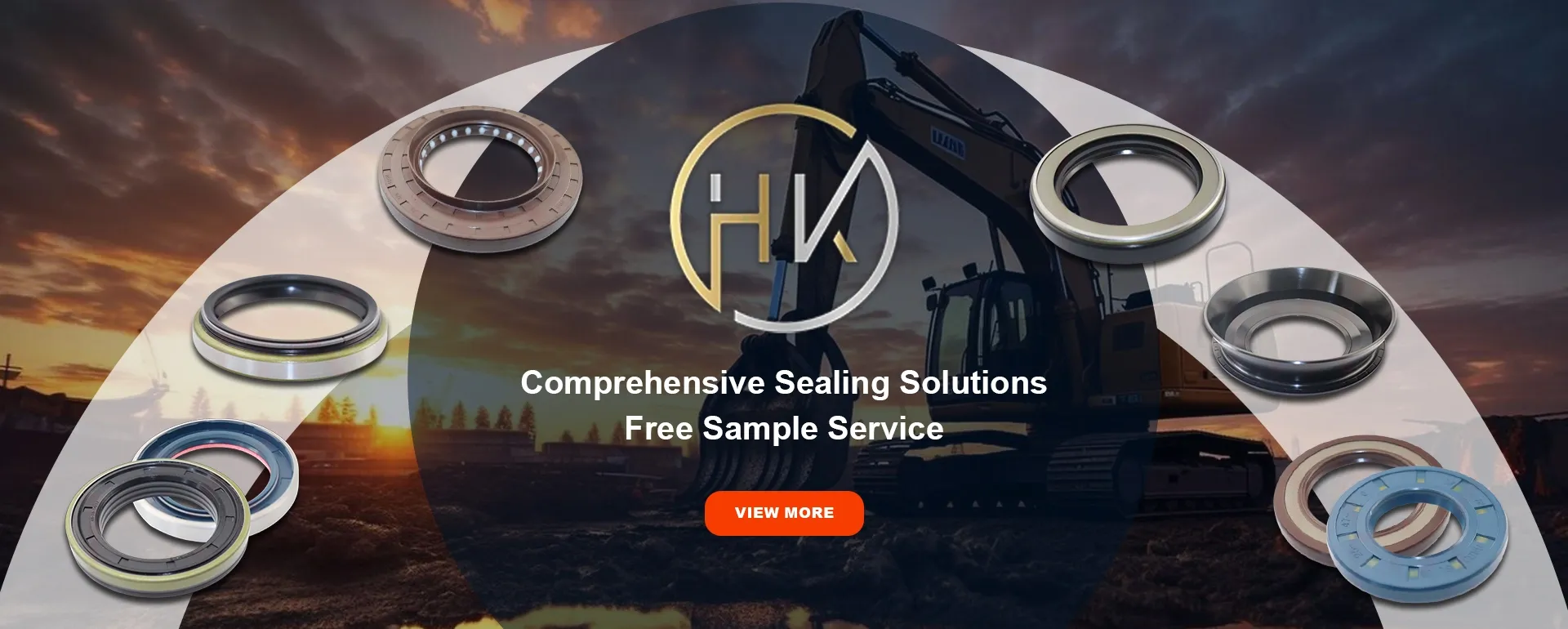Sep . 22, 2024 14:01 Back to list
oil seal
Understanding Oil Seals Essential Components for Machinery
Oil seals, also known as fluid seals, play a crucial role in the functionality and longevity of various machinery and equipment. They are specifically designed to prevent the leakage of lubricating oil and to keep contaminants out of the machinery. This simple yet vital component is found in a wide range of applications, from automotive systems to industrial machinery, making it an essential part of modern engineering.
At its core, an oil seal consists of a flexible rubber or polymer material that forms a tight seal against a rotating shaft. This design is critical in reducing friction, preventing wear, and enhancing the efficiency of machinery. Oil seals are typically installed in areas where rotating components, such as shafts or valves, interact with stationary parts. The seal's lip makes contact with the shaft, creating a barrier that keeps oil contained while also resisting dust and dirt.
One of the primary benefits of oil seals is their ability to maintain proper lubrication within a system
. When oil leaks out, the machinery can suffer from inadequate lubrication, leading to increased friction and heat. This can result in significant wear and tear on parts, ultimately shortening the lifespan of the equipment and increasing maintenance costs. By effectively sealing the components, oil seals help ensure that the machinery operates smoothly and efficiently over an extended period.oil seal

Furthermore, oil seals are designed to accommodate various operating conditions. They can withstand different temperatures, pressures, and speeds, making them adaptable to diverse environments. For example, automotive oil seals are engineered to handle high temperatures and fluctuating pressures encountered in engines, whereas industrial seals might be designed to resist aggressive chemicals found in certain manufacturing processes.
In terms of installation, it is crucial to use the right type and size of oil seal to match the specific application. Incorrect seals can lead to premature failure, resulting in costly downtime and repairs. Therefore, it is essential for engineers and technicians to consider factors such as material compatibility, operating temperatures, and shaft dimensions when selecting oil seals.
In conclusion, oil seals are vital components that play an indispensable role in ensuring the reliability and efficiency of machinery. Their ability to prevent leaks and protect against contaminants not only enhances operational performance but also contributes to the longevity of various mechanical systems. As technology continues to advance, the development of more sophisticated oil seal designs will enhance their effectiveness and durability, further solidifying their importance in engineering applications.
-
Wiper Oil Seal: Our Commitment to Clean Hydraulics
NewsAug.13,2025
-
Hydraulic Oil Seal for Self Discharging Cars
NewsAug.13,2025
-
Hub Oil Seal for Agricultural Tractor Hubs
NewsAug.13,2025
-
Skeleton Oil Seal with NBR Material
NewsAug.13,2025
-
Rotary Lip Seal for High Pressure Applications
NewsAug.13,2025
-
Cylinder Seal Kits Our Legacy of Hydraulic Trust
NewsAug.13,2025
-
Unlocking the Potential of Hydraulic Systems with Essential Sealing Solutions
NewsAug.06,2025
Products categories
















